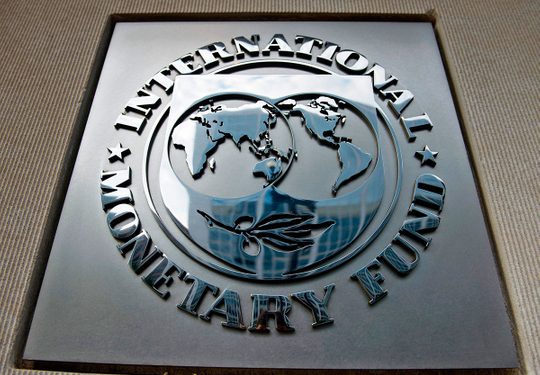Islamabad: The IMF has advised cash-strapped Pakistan against creating a group of preferred investors or distortions in the country under the Special Investment Facilitation Council (SIFC) and to ensure transparency and accountability in its business deals, according to a media report Wednesday.
Deputy Chairman Planning Commission Dr Jehanzeb Khan told economists and journalists that the visiting International Monetary Fund mission had raised questions as to the need for the creation of another institution like SIFC and whether this would lead to the distressed sale of assets and advised against preferred investors.
They want “transparency and accountability should be above board” in these matters, Khan was quoted as saying by the Dawn newspaper.
The two sides are reported to have had back-and-forth clarifications Tuesday on finalisation of the Memorandum of Economic and Financial Policies (MEFP) and were expecting to conclude the talks on a positive note Wednesday.
The IMF staff mission would then present Pakistan’s case to the executive board for approval of the successful conclusion of the first quarterly review under the nine-month $3 billion Standby Arrangement signed in July. This would enable Pakistan to receive the $710 million second tranche early next month.
Separately, The News International reported that IMF Managing Director Kristalina Georgieva said that she was hopeful of reaching a deal with Pakistan soon on the first review of the $3 billion stand-by arrangement.
According to the Dawn newspaper, Khan said the implementation of the IMF programme was in the interest of the country and there was now no difficulty with IMF advice for improved taxation on the rich because the people had already absorbed the full burden of the programme and the backlog and should now only lead towards ease from here onwards.
Khan said the problem in the past was because of delays or partial implementation of the needed adjustments and added that the IMF team was satisfied with the SIFC briefing and explanations.
Responding to a question, he said administrative measures against hoarding of foreign exchange and speculative pricing because of cross-border movement had helped a great deal in finding the real value of the rupee given the imperfect markets. However, he said there had been no interference in the exchange rate.
Informed sources said the IMF and the Pakistan authorities had covered most of the areas during policy-level discussions and there was a problem area left out, the report said.
On the sidelines, the federal cabinet in its meeting today (Wednesday) is expected to impose a windfall tax on banks on the basis of their unprecedented earnings on account of volatile foreign exchange business last year, according to Dawn.
PTI







































